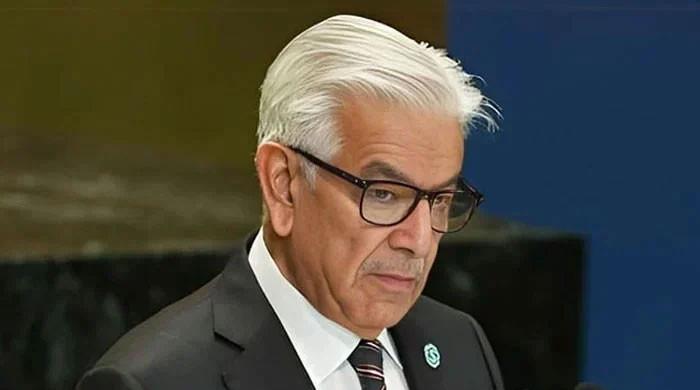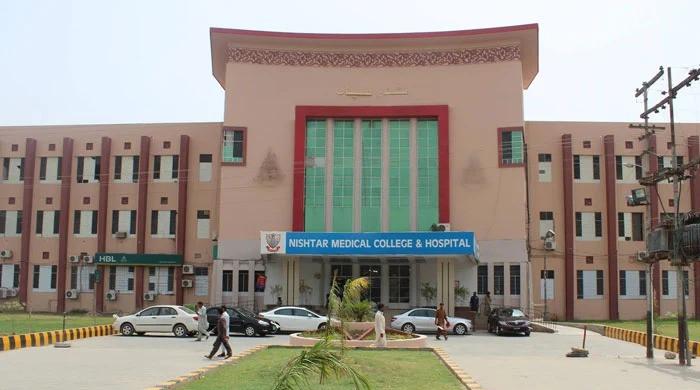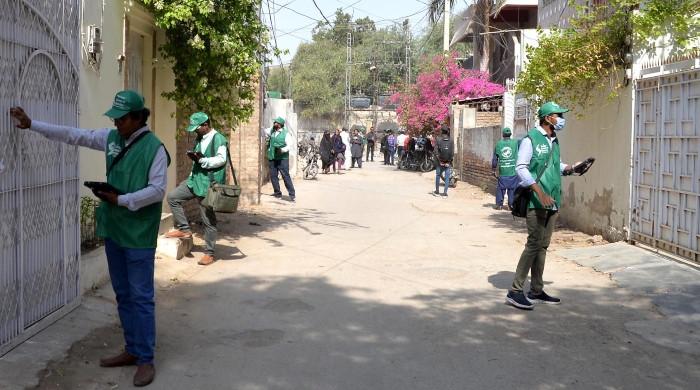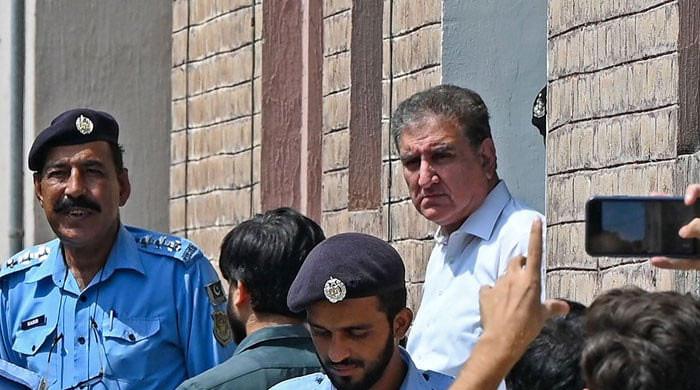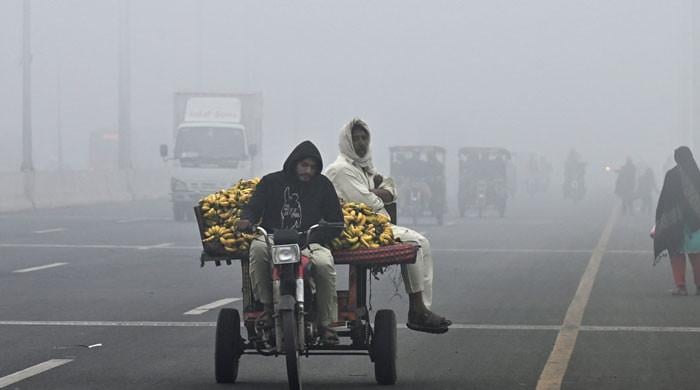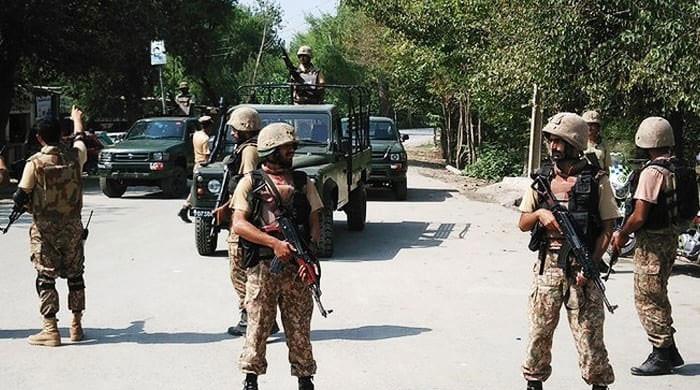Poliovirus reemerges in Karachi as WHO says Pakistan eradication program no longer on track
Latest environmental survey shows the presence of the wild poliovirus in 11 different parts of Karachi
June 01, 2019
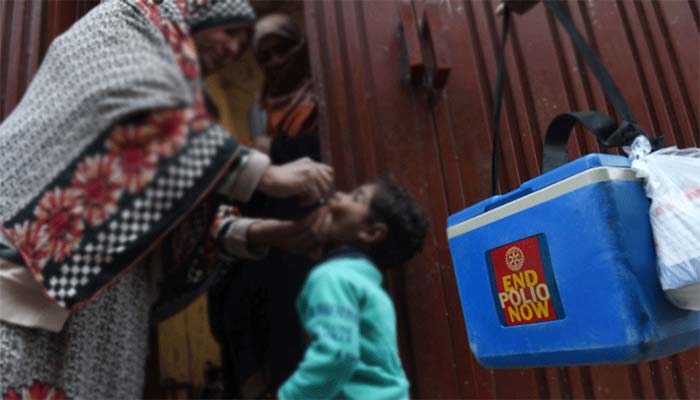
KARACHI: The presence of the wild poliovirus has been detected from samples taken from all major areas of Karachi, official data revealed on Saturday, as the World Health Organisation (WHO) said the eradication program in Pakistan was no longer on-track.
The latest environmental survey carried out by the Emergency Operation Cell team shows the presence of the wild poliovirus (WPV1) in 11 different parts of Karachi. Areas which are heavily affected include Gadap, Gulishan-e-Iqbal ,Landhi, Saddar, Korangi, Orangi Town, SITE, and Liaqatabad.
According to the survey, the samples were collected between April and May this year from six locations of Gadap, four locations of Gulishan-e-Iqbal, and two locations each of Saddar, Landhi, and Orangi Town—areas known to be the hub of the WPV1.
This was the first time that the presence of the wild poliovirus has been detected from samples at such a large scale in the country's most populous city.
According to a spokesperson of the EOC team, so far two polio cases have been confirmed from Karachi. The total polio cases in Pakistan in 2019 so far are 21.
The Prime Minister's Focal Person on Polio Eradication, Babar Bin Ata, said a massive campaign will start after Eid and that they will ensure not to miss any children in the vaccination drive. He urged parents to vaccinate their children in every anti-polio campaign so polio can be eradicated from Pakistan to save the future of its children.
WHO 'gravely concerned' over polio increase in Pakistan
Earlier this week, the WHO's Emergency Committee under the International Health Regulations (IHR) said it was "gravely concerned by the significant further increase in WPV1 cases globally in 2019, particularly in Pakistan".
"In Pakistan transmission continues to be widespread, as indicated by the number of positive environmental isolates in many areas of the country, and the proportion of samples that detect WPV1 is rising," noted the WHO committee, adding that it was essential for the government to renew its efforts as "the eradication program in the country is no longer on-track".
According to data from government's National Emergency Operation Centre (NEOC), the total number of wild polio cases from across the country in April last year were two. That number, according to the NEOC, has risen to 17 by April this year—11 from Khyber Pakhtunkhwa and three each from Sindh and Punjab provinces.
The polio virus, which invades the nervous system and can cause irreversible paralysis within hours, spreads rapidly among children, especially in unsanitary conditions and areas where health care is limited.
The disease can be prevented with vaccination, but efforts to eradicate the disease in Pakistan have been undermined by opposition from some conservative locals and extremists, who claim immunisation is a foreign ploy to sterilise Muslim children or a cover for Western spies.




